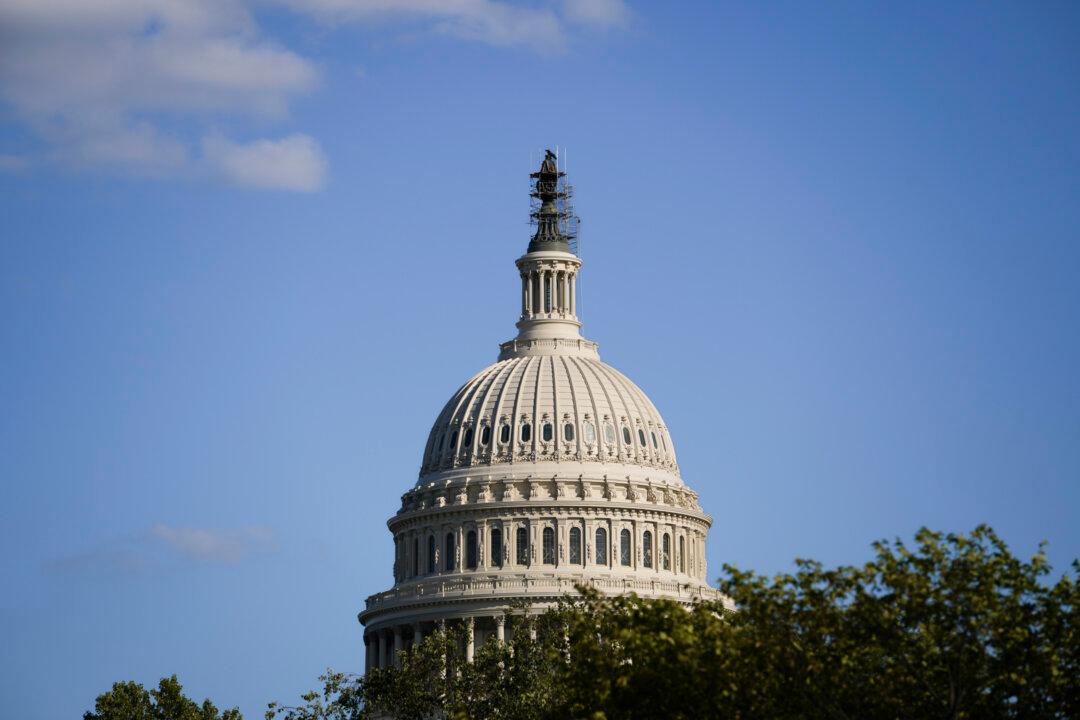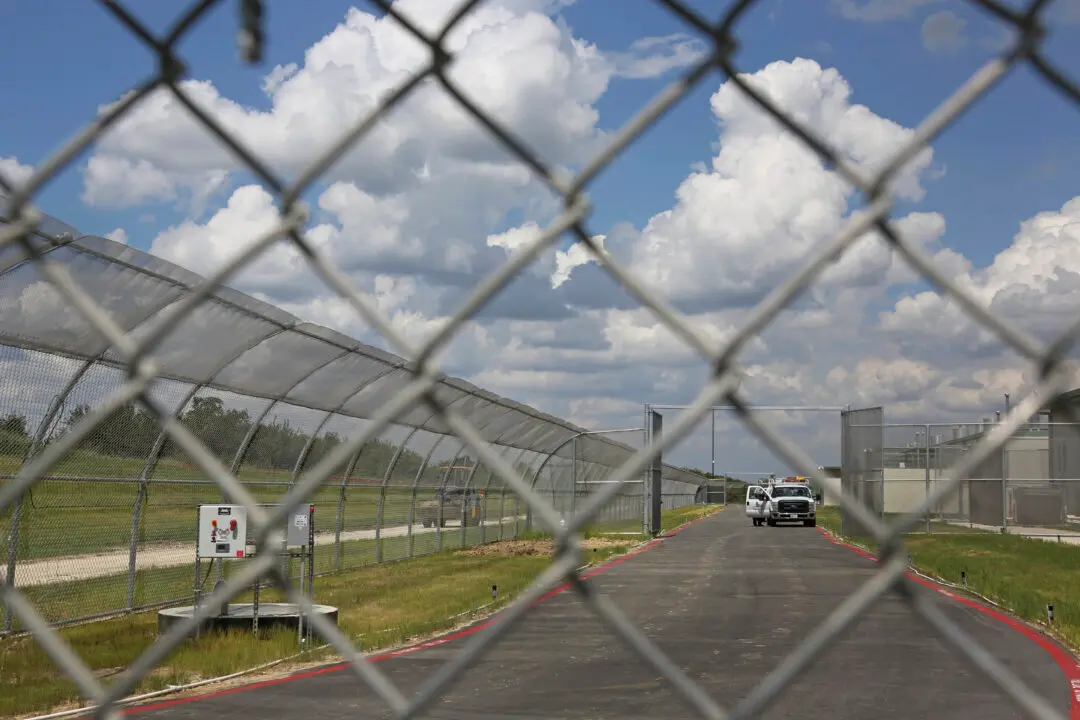The House passed a disapproval resolution to block a Biden administration’s rule relating to the waiver of “Buy America” requirements for electric vehicle (EV) chargers, sending the measure back to the desk of President Joe Biden, who is expected to veto it.
The final tally on Jan. 10 was along party lines, 211–197.





